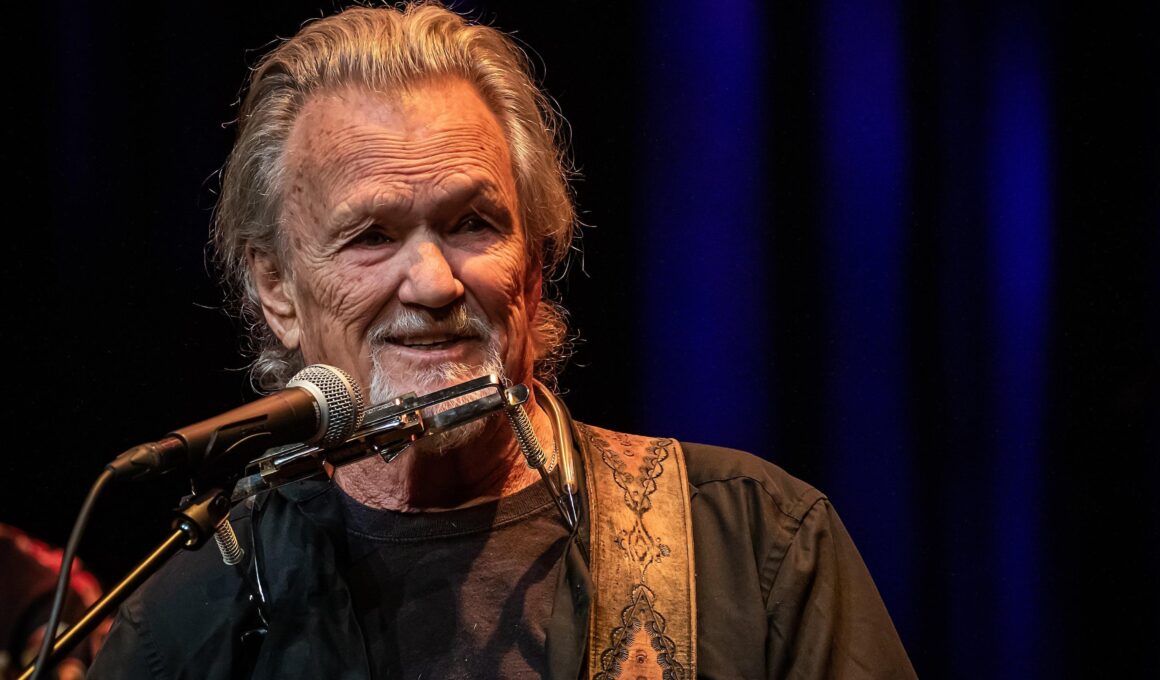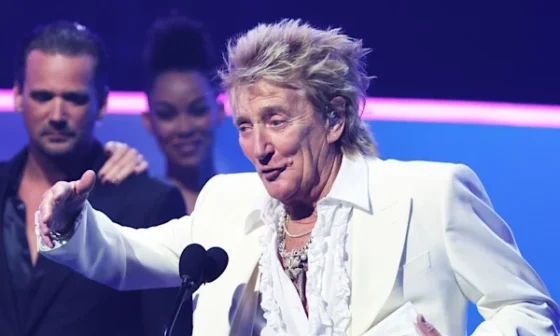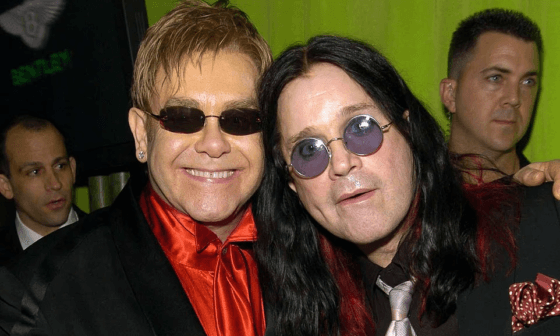Kris Kristofferson’s life reads less like a biography and more like an American epic — brilliance, rebellion, sacrifice, and a relentless pursuit of truth in song. Long before the world knew him as one of the greatest songwriters of his generation, he was a Rhodes Scholar, a Golden Gloves boxer, and the son of a decorated Air Force officer. With a reported IQ of 163, he was expected to follow a life of honor, discipline, and service. But instead of embracing the future laid out for him, Kris defied it — and in doing so, gave the world music that will outlive us all.
The breaking point came in the form of a letter. Handed to him in a studio one day, Kristofferson read the words that would scar him forever: “You are disowned. You are no longer my son.” His family, steeped in military tradition, could not accept his decision to abandon a promising career as an Army captain for the uncertainty of Nashville’s music scene. His mother’s parting command — “Don’t ever darken my door again” — marked the beginning of a twenty-year estrangement that would haunt him, even as his songs reached millions.
Yet behind the rebellion was discipline forged in struggle. At Oxford, he fought as a Golden Gloves boxer, enduring both victory and punishing defeat. The lesson he carried forward was not glory, but grit: “Victory wasn’t in the decision at the end,” he said, “it was in never stopping.” That mindset defined him. In the Army, he trained as a helicopter pilot, completed Ranger School, and rose to the rank of captain. When offered the prestige of teaching at West Point, he stunned everyone by walking away. “I was never really suited for the military — emotionally, intellectually, or otherwise,” he later admitted.
Choosing Nashville meant choosing uncertainty. Kristofferson worked odd jobs, swept studio floors, and wrote songs at night. He chased his dream with a persistence bordering on reckless — most famously when he landed a helicopter on Johnny Cash’s lawn to hand him a demo tape. What looked like audacity was really desperation, the stubborn belief that his words deserved to be heard. And he was right. Songs like Me and Bobby McGee, Help Me Make It Through the Night, and Sunday Mornin’ Comin’ Down became cornerstones of American music, written by a man who had lost everything but his voice.
The estrangement from his mother lingered as one of his deepest wounds, but even that pain became fuel. “It was the guilt of disappointing them that pushed me harder,” he once reflected. His father would eventually come to respect the courage it took to follow such a path, but his mother’s silence lasted decades. In rejecting her approval, Kris discovered something greater — the freedom to speak truth, even when it hurt.
What makes Kristofferson’s story resonate is not just his genius but the cost of it. Talent alone could not have carried him through rejection, poverty, or estrangement. It was grit, sacrifice, and conviction that turned his poetry into anthems. He didn’t succeed in spite of hardship — he succeeded because of it.
Today, Kris Kristofferson is celebrated not only as a songwriter, actor, and cultural icon, but as a man who proved that loyalty to one’s own truth can outweigh even the heaviest burden of tradition. His life reminds us that the price of defiance can be steep — but sometimes, it buys the only thing that matters: a voice that refuses to be silenced.






